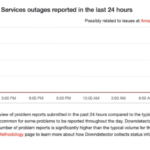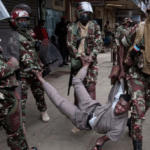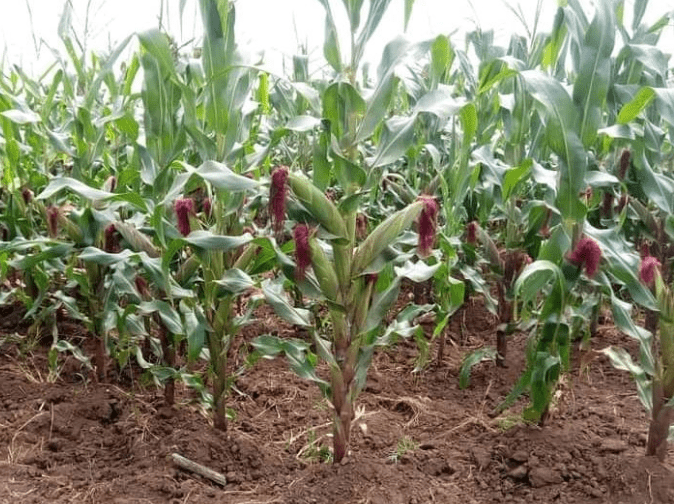The World Health Organization has officially verified the first instances of sexual transmission of Mpox in the Democratic Republic of Congo during its largest outbreak. African scientists express concern, cautioning that this development could complicate efforts to contain the disease.
In a statement released on Thursday evening, the United Nations health agency reported that a Belgium resident who visited Congo in March subsequently tested positive for monkeypox. The WHO noted that the individual, identified as a man engaging in sexual relations with other men. He had frequented various underground clubs catering to gay and bisexual men.
The WHO reported that five individuals among those with whom he had sexual contact later tested positive for Mpox.
Mpox has been consistently present in certain regions of central and west Africa for many years. Typically crossing over to humans from infected rodents results in localized outbreaks. In the past years, outbreaks primarily originating from sexual transmission among gay and bisexual men in Europe affected over 100 countries. Recognizing the severity of the situation, the World Health Organization declared it a global emergency. Leading to approximately 91000 reported cases to date.
WHO observed that there are numerous distinct clubs in Congo where men engage in sexual activities with other men. Some members travel to various regions of Africa and Europe. The agency characterized the recent Mpox outbreak as typical, emphasizing the potential for the disease to spread extensively within sexual networks.

The WHO further stated that the Mpox outbreak in Congo this year affected over 12,500 individuals with approximately 580 fatalities. Represents the first occurrence of the disease identified in the capital, Kinshasa, and in the conflict-affected province of South Kivu. These statistics are nearly twice the Mpox toll recorded in 2020. Marking it as Congo’s most significant outbreak, according to the WHO.
Virologist Tomori suggested that the reported figures were likely underestimated. This has ramifications for the broader African context, considering the continent’s frequently uneven disease surveillance.
He cautioned that pushing individuals vulnerable to the virus into underground settings would complicate efforts to control the disease.
READ ALSO: Nairobi City Top List of Must-Visit Cities for 2024
The Mpox virus induces symptoms such as fever, chills, rash, and lesions on the face or genitals. The majority of individuals typically recover within a few weeks without needing hospitalization.
Tomori expressed regret that, despite the Mpox outbreak in Europe and North America triggering mass immunization campaigns among affected populations no similar plans were being put forward for Africa










